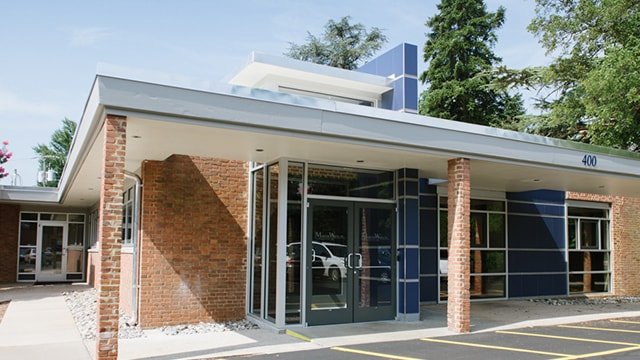Our attorneys represent people. People who are overwhelmed by injuries they or a loved one have suffered. People who have a million-dollar idea and want to build a business around it. People who want to make sure their children and loved ones are taken care of if life takes an unexpected turn.
The lawyers of MartinWren, P.C. seek not only to provide exceptional legal services to those people facing such difficulties, but we also seek to build a meaningful relationship with our clients in the process.
This relationship emerges because of the personal attention our attorneys and staff provide to each client. Although our clients will receive the full attention of our personnel — which includes nine attorneys, an office manager, and four legal assistants — each client’s point of contact will always be an attorney. And, as all of our clients learn, that attorney will be intimately involved in finding solutions to the legal problems you face.
For many of our clients, contacting the Charlottesville law firm of MartinWren, P.C. is their first encounter with a lawyer. As with anything new, these clients are often uneasy and not certain what to expect. In an effort to ease these concerns and set expectations for the services we will be providing, MartinWren, P.C. makes a Ten Point Pledge to each of our clients.
Communication, aggressive and skilled representation, relationship building, and maintaining strong ethics are the pillars of our practice as set forth in our Ten Point Pledge. It is by faithfully following the pillars of our Ten Point Pledge that we tirelessly pursue justice for our clients.
Clients also appreciate that we are responsive when we are needed. It is our policy to respond to clients within 24 hours – and less time for more urgent needs – and many of our personal injury attorneys, medical malpractice attorneys, and civil trial lawyers often take phone calls, text messages, and emails after hours in order to keep clients informed about their case.
Read more about our Ten Point Pledge and learn how our approach is different.



















